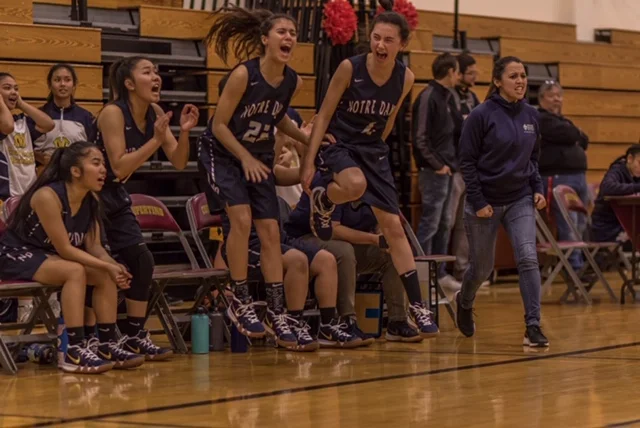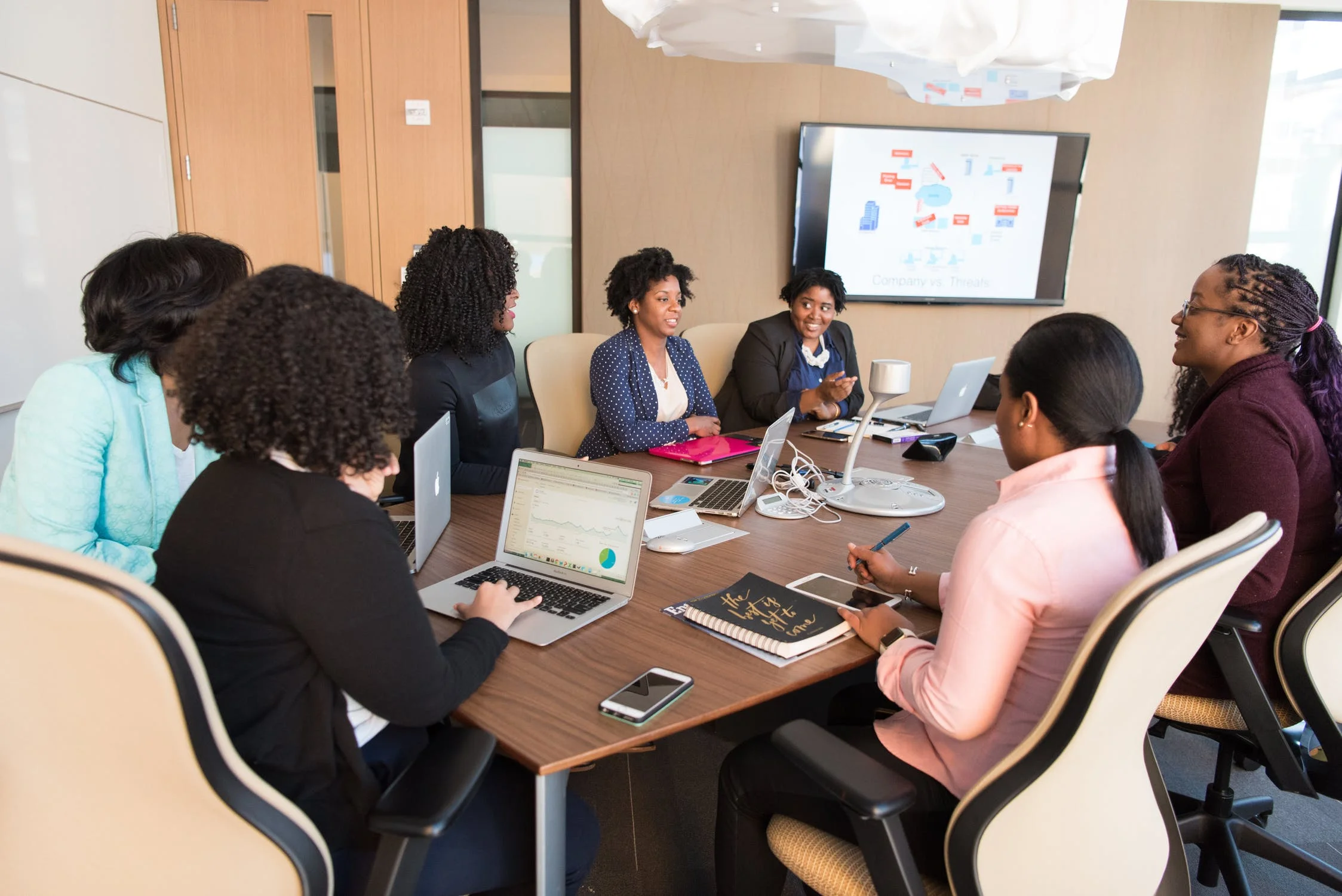Corporate Sponsorship and Women in Sports
By EmployDiversity
Despite historically having a critical lack of funding, viewership of female athletes and women’s sports teams is on the rise. With participation in women’s sports at an all-time high and the changing social and political climate, corporate sponsors have taken notice and are investing in the success of the athletes and themselves.
Nike is a coveted sponsor of many athletes and they are one of the most committed supporters of women in sports. Nike has been backing female athletes for nearly 50 years and consistently delivers messages of female strength and empowerment in their marketing. Nike not only supports women financially but is doing research and new product development to understand the science behind women’s biomechanics and athletic performance.
Some of Nike’s innovations for women in sport include:
The world’s first Pro Hijab designed to accommodate Muslim athletes and make sports a more diverse and inclusive industry.
A specialized Motion Adapt sports bra with technology similar to seat belts that adjusts and changes depending on the intensity of the activity or sport.
A plus-size collection created to be inclusive and accommodating of all body types with sizes ranging from 1X to 3X.
adidas has also been a long-time champion of girls and women in sport. The brand’s recent efforts have been focused around equal media representation for women in sport. The ‘She Breaks Barriers’ initiative uses prominent female athletes and sports personalities to push for greater coverage of women’s sport. adidas has also partnered with Twitter and Intersport to livestream women’s high school games. adidas’ commitment in this partnership is to:
Increase the visibility of female athletes
Work with and within communities to break down barriers for women in sport
Drive equality through collaborating with women’s sports organizations
While Nike and adidas pave the way, other brands are also starting to realize the importance of engaging with women in sport and forming long term partnerships. Recently Visa made a landmark commitment to equalizing its support of male and female teams through a multi-year sponsorship agreement with UEFA Women’s Football. Barclays, a long-time supporter of the men’s Premier League, has also stepped up to support the FA Women’s Super League as the new title partner.
Women’s sport is thriving and viewership, media coverage, and sponsorships continue to increase. Partnerships between female athletes and sponsors could turn out to be just as valuable, if not more valuable, than those partnerships with male athletes.











